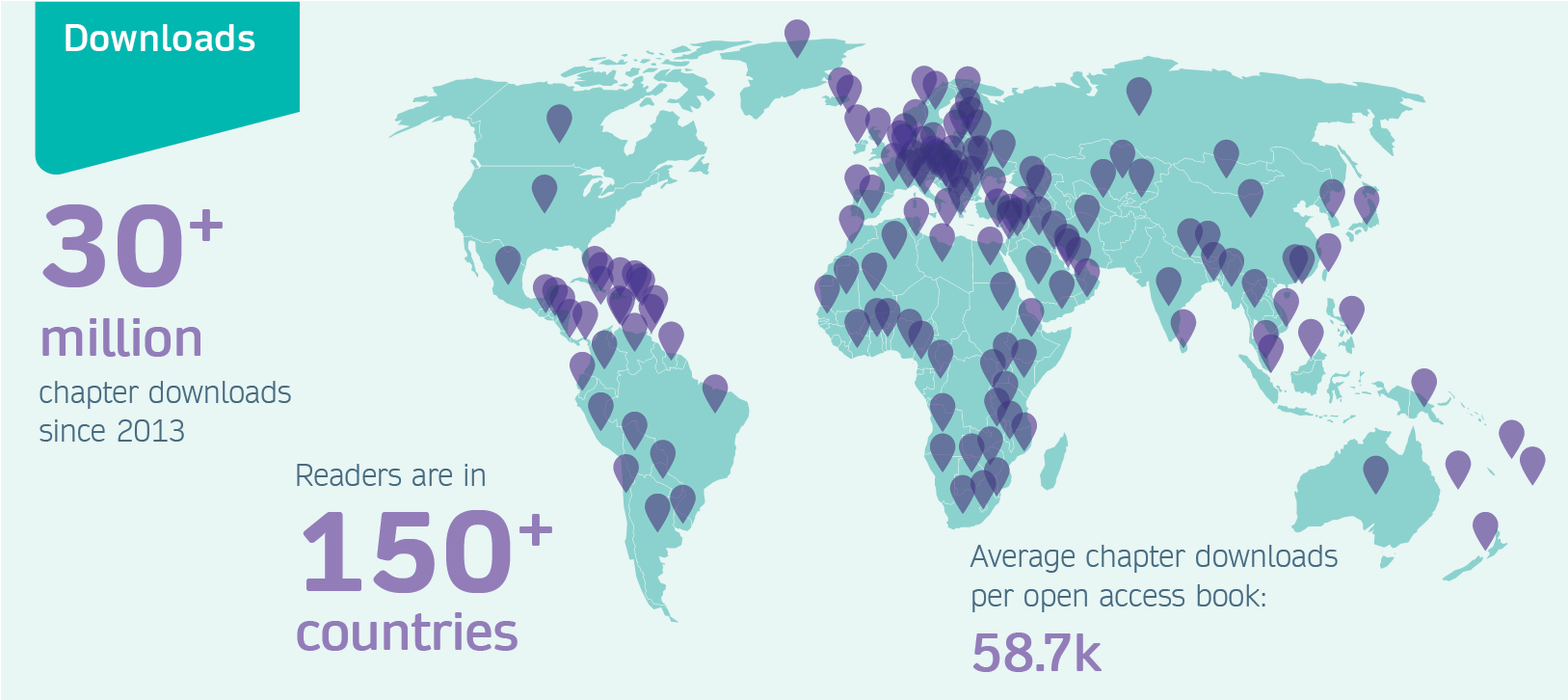The Springer Nature Review Experience
Peer review is a necessary and sometimes time-consuming job that is essential to the research process. As a peer reviewer, you take time away from your own research, daily workload, and personal life to provide feedback on papers written by your peers. At Springer Nature we are constantly working towards creating a better review process, and the best way to do that is to hear what our authors think about the review process we offer. Read on below for insights from our author satisfaction survey on peer review, including some of the many insightful comments we receive from authors. View … Read more…








